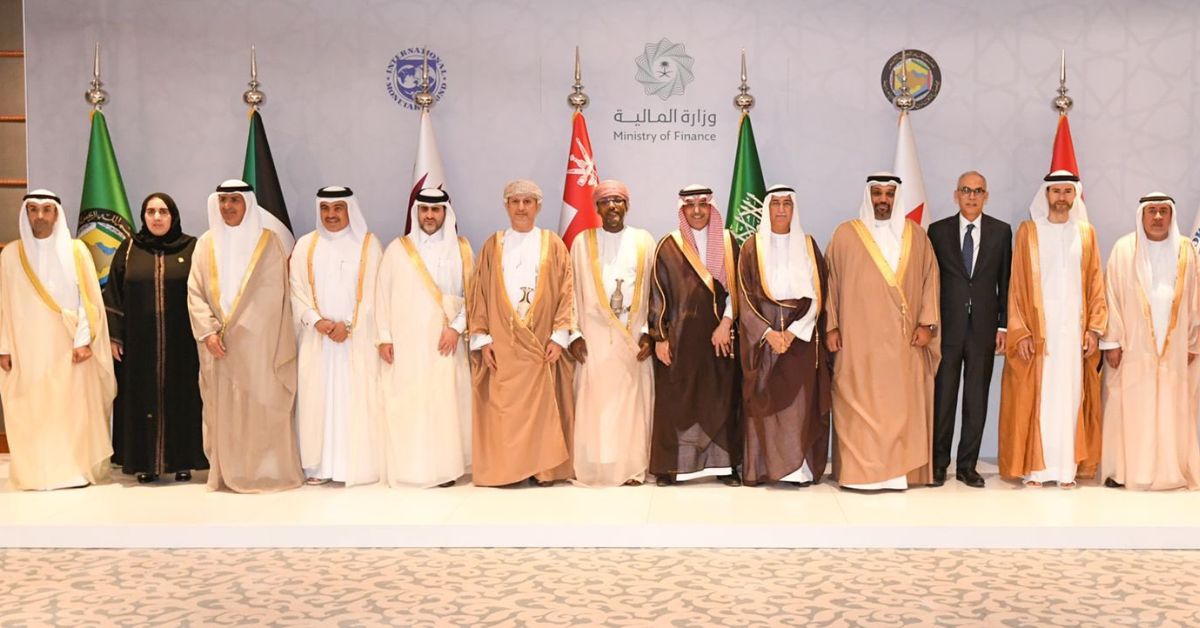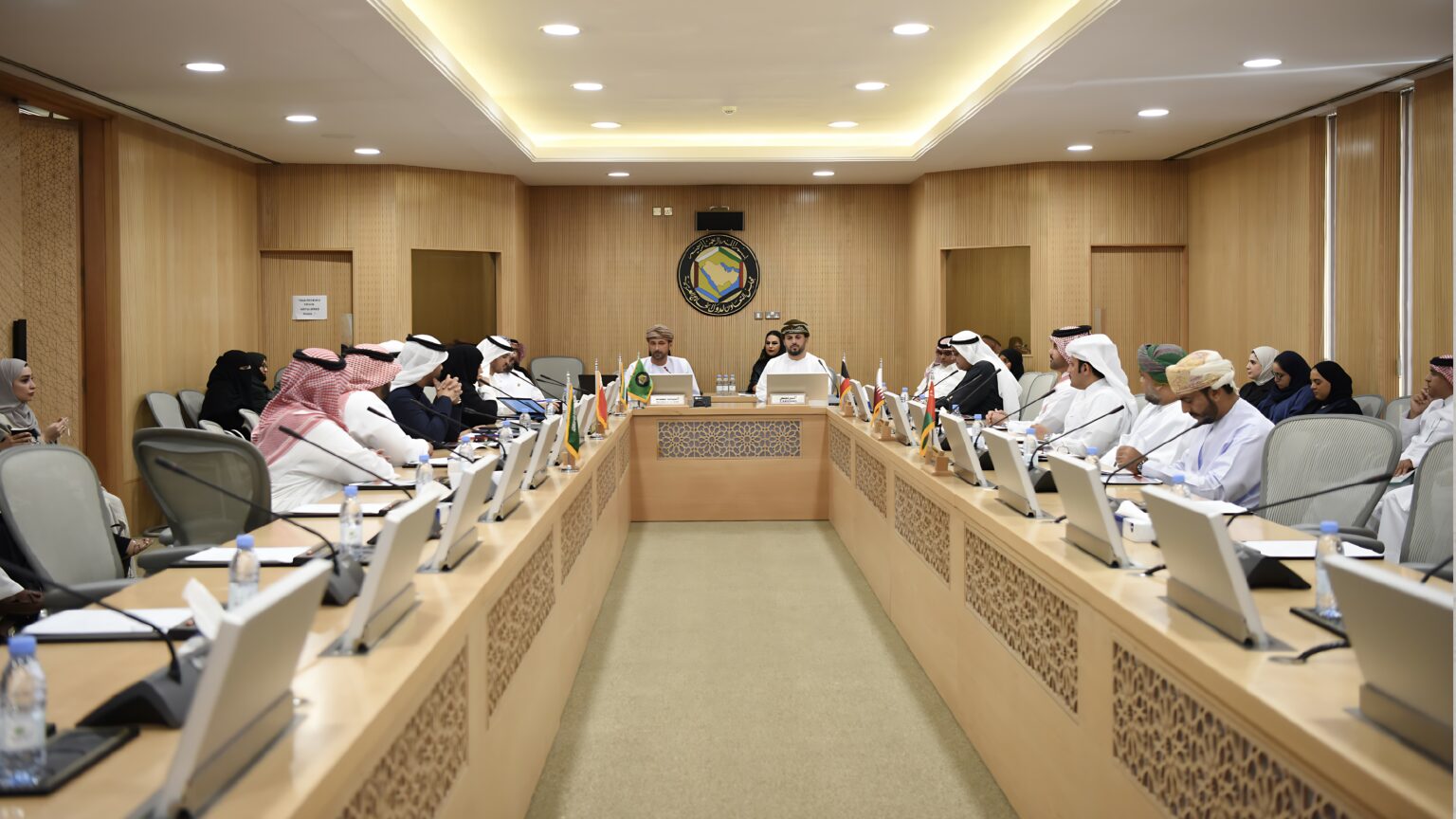ABU DHABI, UAE — The Gulf Common Market (GCM) isn’t just another economic initiative; it’s a transformative vision that’s reshaping the Gulf Cooperation Council (GCC) countries’ economic landscape. Established with the promise of fostering unity and economic prosperity, the GCM is a testament to the GCC’s commitment to a shared future.
Unveiled with much anticipation at the Doha Conference in 2007, the GCM has a clear mission: to ensure that every citizen of the GCC countries is treated equally, irrespective of their nationality, in every economic sector. This vision of uniformity and non-discrimination is not just ambitious but revolutionary.
But how close are we to realizing this dream? The Financial and Economic Cooperation Committee, the powerhouse behind this initiative, has been tirelessly working to enhance the GCM’s efficacy. Their recent 120th meeting in Muscat, chaired by Oman’s Finance Minister, Sultan Al Habsi, was a testament to their dedication. Key decisions, like finalizing the customs union by 2024 and setting the stage for economic unification by 2025, were discussed, showcasing the GCC’s forward momentum.

The GCM isn’t just about high-level meetings and decisions. It’s about real-world impact. The Gulf Joint Market Committee’s recent gathering in Riyadh, which saw participation from all GCC countries, delved deep into the GCM’s rollout. From media campaigns that spotlight the perks of Gulf citizenship to the digital transformation strategy aiming to unify the Gulf’s digital future, the GCM is on the move.
And there’s more. With the introduction of new pathways to the already extensive ten tracks, the GCM is expanding its reach. The Gulf Cooperation Council’s General Secretariat is at the forefront, ensuring these pathways are not just introduced but actively implemented.
The benefits? They’re tangible and transformative. From the freedom to travel across GCC countries with just a smart card to the ability to own real estate, work, and access essential services seamlessly, the GCM is redefining what it means to be a Gulf citizen.
Companies aren’t left behind either. With the liberty to open branches across GCC countries and enjoy domestic company status, the business landscape is set for a revolution.
And as with any significant initiative, communication is key. The “Takamul” electronic portal ensures that every citizen’s voice is heard, making the GCM a …
The Gulf Common Market is more than an economic initiative; it’s a vision of a united, prosperous Gulf. Dive deep into this transformative journey, understand its nuances, and discover its far-reaching impacts. Click here








